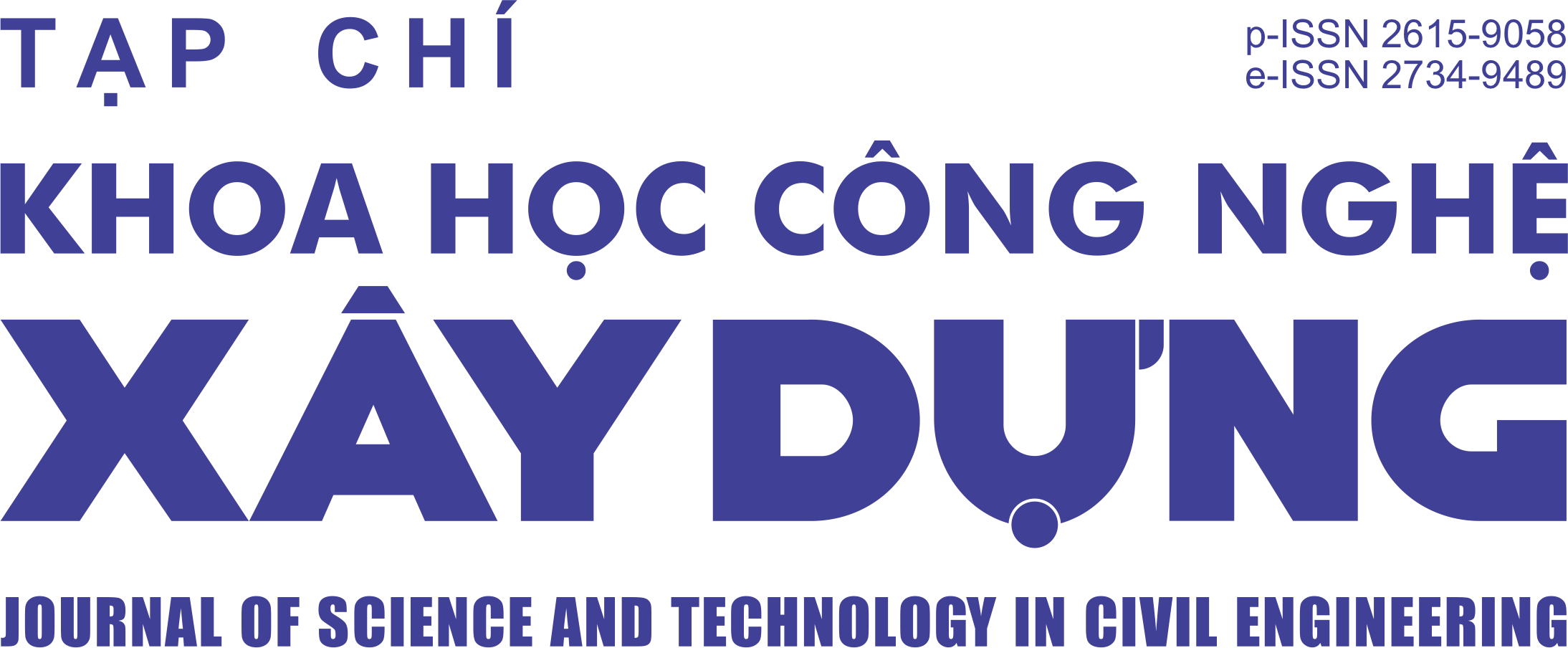Effects of the size polydispersity and friction coefficient on the compressive strength of wet granular materials
Abstract
We numerically study the effects of the size polydispersity and the friction coefficient on the compressive strength of wet granules under a diametrical compression test by using discrete element simulations. The nu-merical method is coupled with the capillary cohesion law which is enhanced by the cohesive forces between grains in the pendular regime. The wet granules are composed of primary spherical particles whose size poly-dispersity is varied from1 to 10 and the friction coefficient between grains is varied from0.1 to 1.0. By applying a constant compression velocity on the top plate in quasi-static regime, the granule is deformed but does not abruptly rupture due to the cohesive effects between grains and the rearrangement of primary particles. This no abrupt rupture is characterized by the appearance of the peak compressive stress in a long vertical strain before the onset failure of the granule. The compressive strength of the granule increases with increasing the friction coefficient for all cases of the size polydispersity but seemly declines for low values of the size polydispersity and almost level-off for high-size polydispersity with the friction coefficient larger than 0.5.
Downloads
Copyright (c) 2023 Hanoi University of Civil Engineering

This work is licensed under a Creative Commons Attribution-NonCommercial-NoDerivatives 4.0 International License.
1. The Author assigns all copyright in and to the article (the Work) to the Journal of Science and Technology in Civil Engineering (JSTCE) – Hanoi University of Civil Engineering (HUCE), including the right to publish, republish, transmit, sell and distribute the Work in whole or in part in electronic and print editions of the Journal, in all media of expression now known or later developed.
2. By this assignment of copyright to the JSTCE, reproduction, posting, transmission, distribution or other use of the Work in whole or in part in any medium by the Author requires a full citation to the Journal, suitable in form and content as follows: title of article, authors’ names, journal title, volume, issue, year, copyright owner as specified in the Journal, DOI number. Links to the final article published on the website of the Journal are encouraged.
3. The Author and the company/employer agree that any and all copies of the final published version of the Work or any part thereof distributed or posted by them in print or electronic format as permitted herein will include the notice of copyright as stipulated in the Journal and a full citation to the Journal as published on the website.







